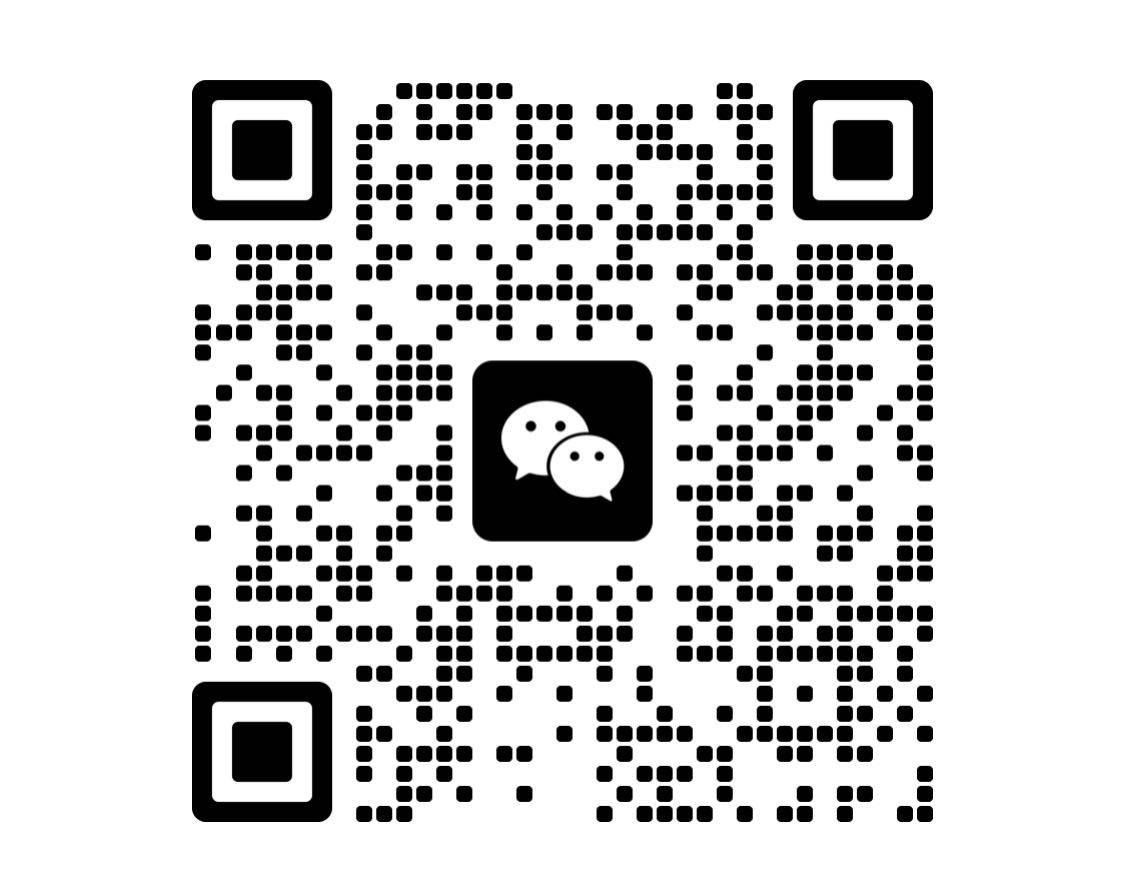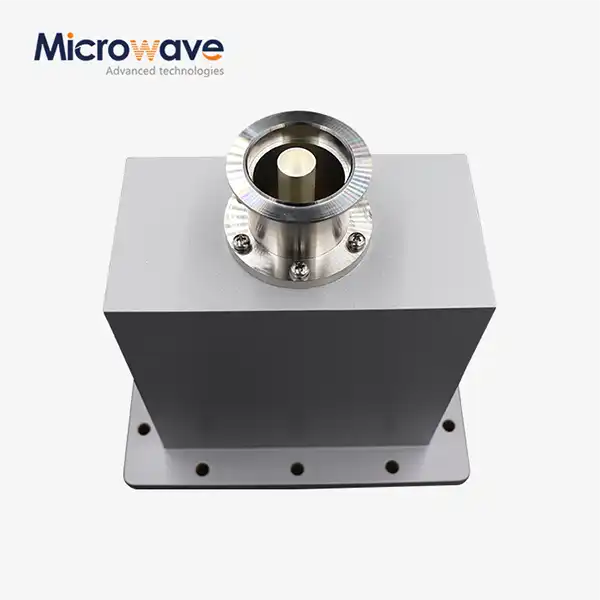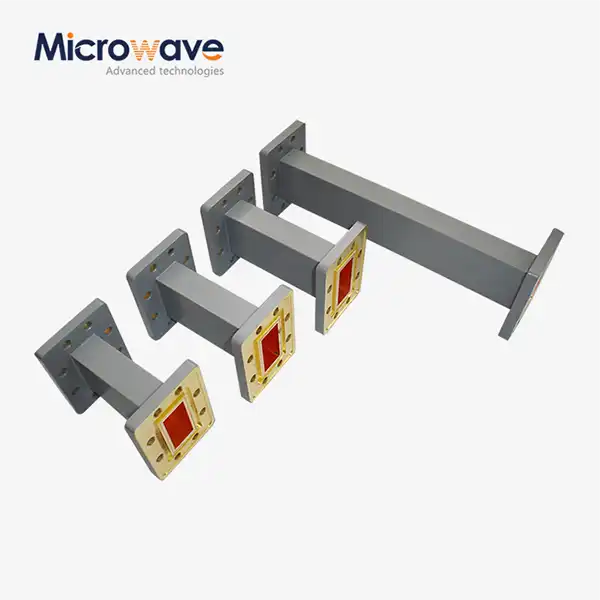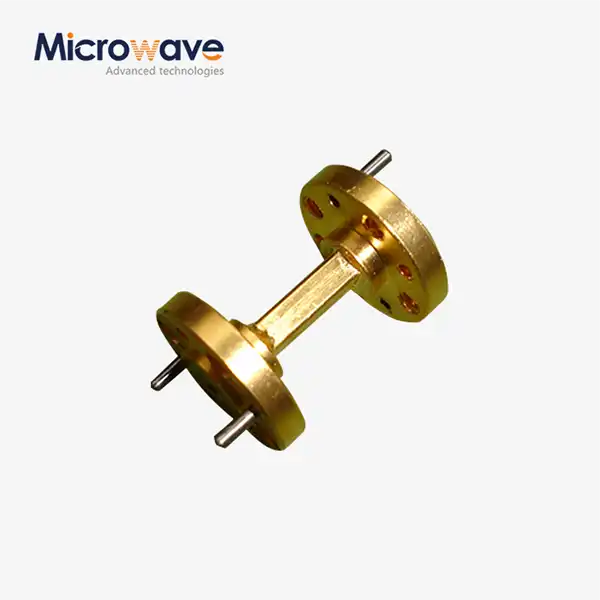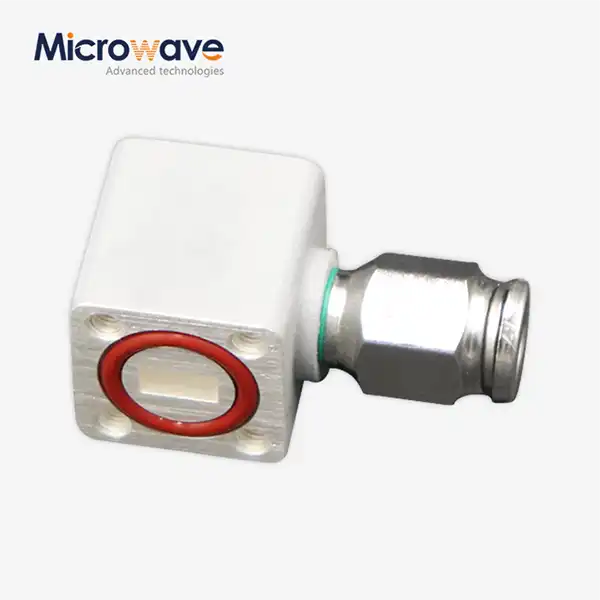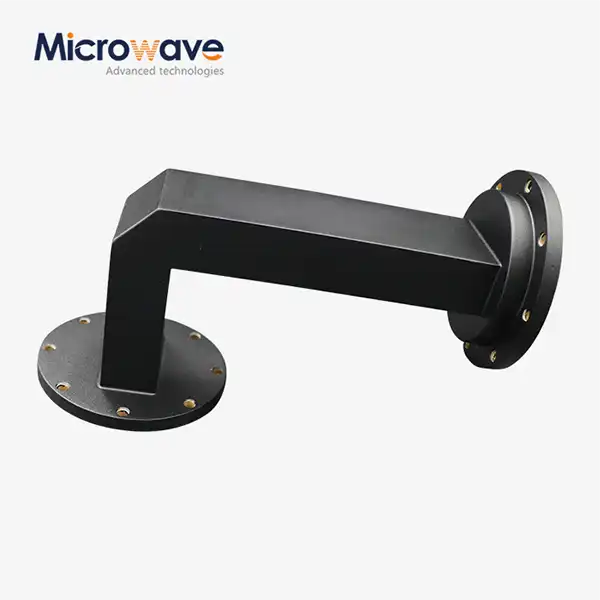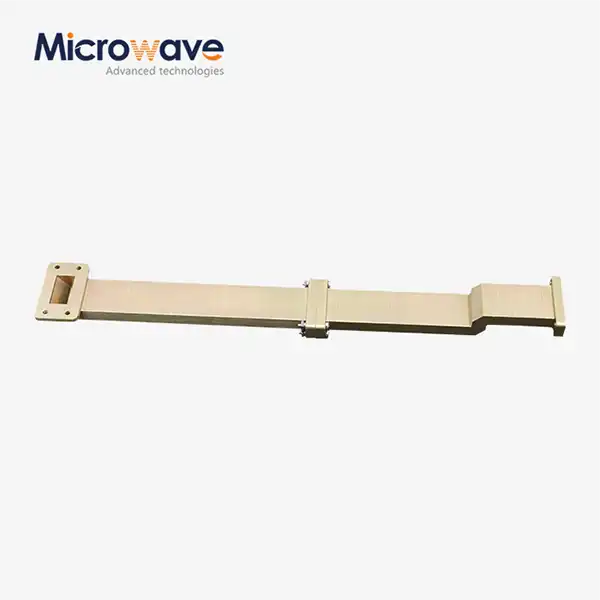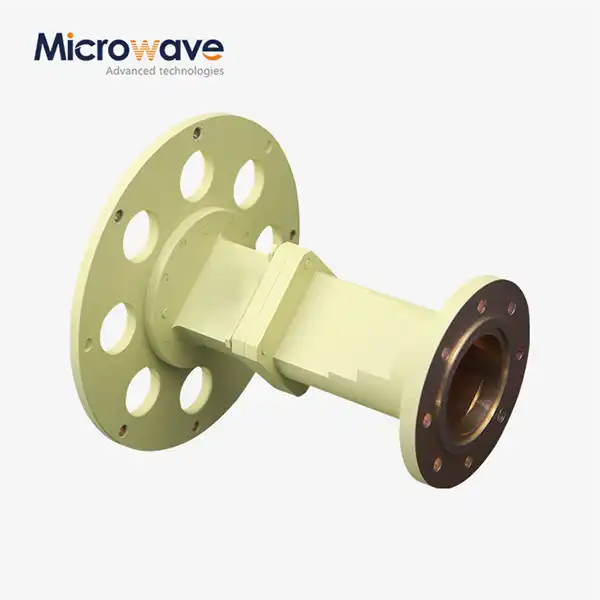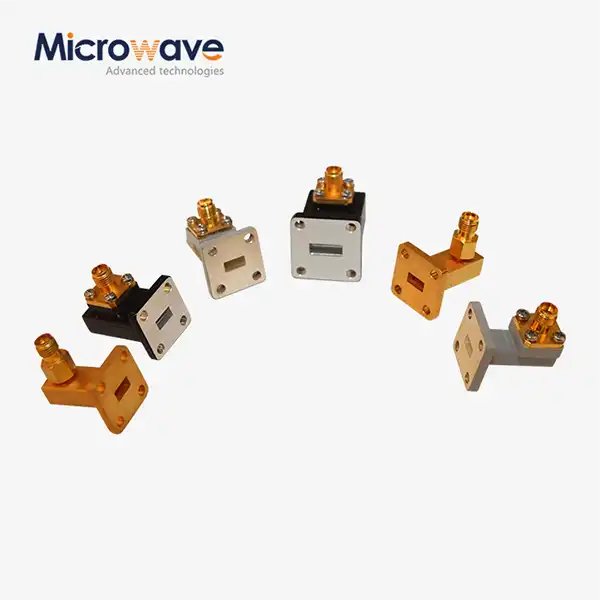Demystifying Coaxial Calibration Kits:Components, Functionality, and Benefits
In the intricate world of microwave and RF technology, precision is paramount. Coaxial Calibration Kits represent the gold standard for ensuring measurement accuracy in these complex systems. These sophisticated toolsets enable engineers and technicians to calibrate vector network analyzers (VNAs) and other testing equipment with exceptional precision, eliminating measurement uncertainties that could compromise system performance. As industries increasingly rely on high-frequency applications ranging from satellite communications to advanced defense systems, understanding the components, functionality, and benefits of Coaxial Calibration Kits becomes essential for professionals seeking optimal performance and reliability in their RF measurement systems.
Understanding Coaxial Calibration Kit Components and Their Roles
The Core Standards: Open, Short, Load, and Through
Coaxial Calibration Kits are built around four fundamental components that serve as reference standards for calibration procedures. The Open standard simulates an infinite impedance condition, creating a complete reflection of signals back to the source. This component is precisely machined to ensure that the reflection plane is accurately defined at the connector interface, allowing for repeatable measurements at frequencies ranging from DC to 50 GHz. The Short standard, conversely, creates a zero-impedance condition that reflects signals with a 180-degree phase shift. Advanced Microwave's Short standards are designed with premium materials to maintain consistent electrical performance across the entire operating temperature range from -40°C to +85°C, ensuring reliable calibration in various environmental conditions. The precision engineering of these Coaxial Calibration Kits components guarantees that measurement references remain stable even during prolonged testing sessions, ultimately enhancing the overall accuracy of network analysis.
Connector Types and Compatibility Considerations
The effectiveness of Coaxial Calibration Kits largely depends on the connector types they support. Advanced Microwave Technologies offers a comprehensive range of connector options, including SMA, N-Type, 3.5mm, and 2.92mm interfaces, each optimized for specific frequency ranges and application requirements. The SMA connectors, with their threaded coupling mechanism, provide secure connections for frequencies up to 18 GHz, while the precision 2.92mm connectors can accommodate applications demanding frequencies up to 40 GHz with minimal signal degradation. When selecting Coaxial Calibration Kits, matching the connector type to your specific testing equipment is crucial for achieving optimal calibration results. The impedance matching (typically 50 Ohms) between calibration standards and the device under test ensures that signal reflections are due solely to the intended reference conditions rather than connector interface mismatches. This attention to connector compatibility significantly enhances measurement accuracy and repeatability across multiple test setups, making Advanced Microwave's calibration kits invaluable for maintaining consistency in RF testing environments.
Mechanical Design and Physical Durability Features
The mechanical design of Coaxial Calibration Kits plays a pivotal role in their longevity and performance reliability. Advanced Microwave Technologies employs corrosion-resistant materials and precision machining techniques to ensure dimensional stability across varying environmental conditions. The compact design of these kits facilitates easy handling and storage while maintaining the strict mechanical tolerances necessary for accurate calibration. Each component undergoes rigorous quality control processes to verify dimensional accuracy to within micrometers, as even minor deviations can significantly impact measurement accuracy at higher frequencies. The robust construction of these Coaxial Calibration Kits enables them to withstand repeated connections and disconnections without degradation in performance, making them suitable for both laboratory and field applications. The careful consideration of mechanical aspects, including connector wear characteristics and torque specifications, ensures that calibration references remain stable throughout the kit's operational lifetime, providing consistent measurement results year after year even in demanding industrial environments.
Functionality and Calibration Methodologies
Vector Network Analyzer Calibration Techniques
Vector Network Analyzer (VNA) calibration represents the primary application for Coaxial Calibration Kits, encompassing several methodologies tailored to different measurement requirements. The SOLT (Short-Open-Load-Through) calibration technique, widely considered the industry standard, utilizes all four fundamental standards to establish reference planes for accurate S-parameter measurements. This comprehensive calibration approach effectively removes systematic errors from the measurement system, including directivity, source match, and frequency response errors. For more demanding applications, Advanced Microwave's Coaxial Calibration Kits support enhanced calibration methods such as TRL (Through-Reflect-Line) and LRM (Line-Reflect-Match), which can provide superior accuracy at higher frequencies by minimizing the impact of connector transitions. The calibration process typically involves connecting each standard to the VNA ports in a specified sequence, allowing the analyzer's firmware to calculate error correction terms that are subsequently applied to measurements. This systematic approach ensures that the Coaxial Calibration Kits deliver consistent, traceable results regardless of the specific measurement setup or environmental conditions, making them indispensable tools for ensuring measurement integrity in RF systems.
Error Correction and Measurement Accuracy Enhancement
The fundamental purpose of Coaxial Calibration Kits lies in their ability to identify and correct systematic errors that would otherwise compromise measurement accuracy. These kits enable comprehensive error correction by characterizing and compensating for twelve error terms in a two-port network measurement. When utilizing Advanced Microwave's calibration standards, engineers can achieve remarkable measurement accuracy improvements, reducing uncertainties from potentially significant percentages to fractions of a decibel. The error correction process begins with measuring known standards from the Coaxial Calibration Kits, which allows the test equipment to develop an error model for the specific test setup. This model is then applied to subsequent measurements of actual devices, effectively removing the systematic errors contributed by cables, adapters, and the analyzer itself. The precision-machined standards within Advanced Microwave's kits, with their defined electrical characteristics, serve as reliable references against which all measurements are calibrated. This meticulous error correction methodology ensures that measurements reflect the true performance of the device under test rather than artifacts introduced by the measurement system, ultimately leading to more informed design decisions and more reliable RF systems.
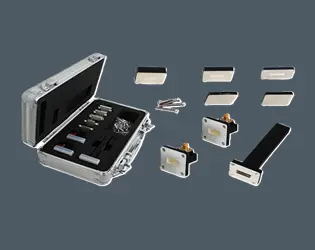
Frequency Range Considerations and Performance Optimization
Maximizing the effectiveness of Coaxial Calibration Kits requires careful consideration of frequency range compatibility and performance optimization strategies. Advanced Microwave's calibration kits are designed to operate across an impressive frequency spectrum from DC to 50 GHz, accommodating a wide range of applications from basic telecommunications equipment to cutting-edge aerospace systems. As frequency increases, the physical dimensions of calibration standards become increasingly critical, with even microscopic manufacturing variations potentially affecting performance. To address this challenge, Advanced Microwave Technologies employs advanced fabrication techniques and conducts rigorous verification testing to ensure that each component in their Coaxial Calibration Kits delivers specified performance across its entire operational frequency range. For optimal results, engineers should select calibration kits whose specified frequency range comfortably encompasses their measurement requirements, providing adequate margin for potential system expansions. Additionally, environmental factors such as temperature fluctuations should be minimized during calibration procedures to prevent thermal expansion effects from introducing subtle measurement variations. By following these performance optimization strategies and leveraging the precision engineering of Advanced Microwave's calibration kits, RF professionals can achieve measurement accuracy that supports even the most demanding applications in satellite communications, defense systems, and advanced telecommunication networks.
Applications and Industry Benefits
Telecommunications and Satellite Communications Systems
In the rapidly evolving telecommunications industry, Coaxial Calibration Kits play a pivotal role in ensuring the reliability and performance of complex communication networks. These precision tools enable accurate characterization of RF components used in cellular base stations, satellite ground terminals, and microwave backhaul systems. For satellite communications applications, where signal integrity must be maintained over extraordinary distances, Advanced Microwave's Coaxial Calibration Kits provide the reference standards necessary to verify that transmitters, receivers, and waveguide assemblies meet stringent performance specifications. The ability to accurately measure insertion loss, return loss, and phase characteristics across frequencies up to 50 GHz allows engineers to optimize signal paths and minimize transmission errors. Telecommunication providers deploying 5G networks particularly benefit from precise calibration capabilities, as millimeter-wave frequencies demand unprecedented measurement accuracy to ensure effective coverage and capacity. By utilizing Advanced Microwave's calibration solutions, these organizations can confidently validate their network infrastructure components before deployment, preventing costly downtime and service degradation. The enhanced measurement accuracy provided by quality Coaxial Calibration Kits ultimately translates to improved quality of service, greater bandwidth efficiency, and more reliable communication links that benefit both service providers and end-users across global markets.
Aerospace and Defense Applications
The aerospace and defense sectors demand the highest levels of precision and reliability in RF systems, making high-quality Coaxial Calibration Kits indispensable tools in these industries. Advanced radar systems, electronic warfare equipment, and secure communication networks rely on accurate measurement data to ensure optimal performance in mission-critical situations. Advanced Microwave's calibration kits enable precise characterization of phased array antennas, RF amplifiers, and signal processing components that form the backbone of modern defense electronics. The ability to calibrate test equipment across extreme temperature ranges (-40°C to +85°C) ensures that components will perform as expected in the harsh environments encountered in aerospace applications, from high-altitude reconnaissance to space-based communications. For defense contractors developing sophisticated electronic countermeasure systems, the precise phase and amplitude measurements enabled by proper calibration can make the crucial difference between system success and failure. The compact design of Advanced Microwave's Coaxial Calibration Kits also makes them suitable for field deployment, allowing technicians to perform accurate measurements and troubleshooting in operational environments. By investing in premium calibration solutions, aerospace and defense organizations can ensure their sophisticated RF systems deliver reliable performance when it matters most, ultimately enhancing national security and mission effectiveness through superior measurement capabilities.
_1733809032116.webp?size=600x0)
Research and Development Environments
In research and development settings, where innovation depends on accurate measurement and validation, Coaxial Calibration Kits serve as fundamental tools for advancing RF technology. Academic institutions, corporate R&D laboratories, and government research facilities rely on precise calibration capabilities to characterize novel materials, test prototype devices, and verify theoretical models. Advanced Microwave's calibration solutions support cutting-edge research in areas such as quantum computing, where microwave signals must be controlled with exceptional precision, and biomedical applications that utilize RF energy for diagnostic or therapeutic purposes. The availability of customization options allows researchers to adapt calibration standards to unique experimental setups, ensuring measurement accuracy even for unconventional configurations. When developing new wireless technologies or exploring the limits of existing systems, R&D engineers depend on the reliable reference standards provided by high-quality Coaxial Calibration Kits to establish baseline performance metrics and identify incremental improvements. The comprehensive documentation and traceability features of Advanced Microwave's calibration kits also facilitate peer review and replication of experimental results, supporting the scientific process. By removing measurement uncertainties from the research equation, these calibration tools accelerate the development cycle and increase confidence in revolutionary technologies before they transition to commercial applications, ultimately enabling faster innovation and more robust solutions to complex technical challenges in an increasingly connected world.
Conclusion
Coaxial Calibration Kits represent an essential investment for organizations seeking to maintain measurement accuracy and system reliability in RF applications. By understanding their components, functionality, and benefits, professionals can select the appropriate calibration solutions to meet their specific technical requirements. Advanced Microwave Technologies Co., Ltd brings over two decades of expertise to the design and manufacture of these precision tools, ensuring that customers receive calibration kits that deliver consistent performance and dependable results.
Ready to enhance your measurement capabilities with industry-leading calibration solutions? Contact Advanced Microwave Technologies today to discuss your specific requirements and discover how our perfect supply chain system, professional R&D team, and strict quality control can support your technical objectives. Our experienced engineers are available to provide customized solutions tailored to your unique applications, with fast global delivery and comprehensive after-sales support. Reach out at mia@admicrowave.com to take the first step toward superior measurement accuracy.
References
1.Johnson, R.A. (2023). "Precision Microwave Measurements: Theory and Applications of Vector Network Analysis." IEEE Press, New York.
2.Zhang, L. & Thompson, K. (2022). "Calibration Techniques for Modern RF Test Equipment." Microwave Journal, 65(3), 112-128.
3.Hernandez, M.S. (2024). "Advanced Methodologies in Coaxial Calibration for Satellite Communication Systems." International Journal of RF and Microwave Engineering, 18(2), 45-67.
4.Williams, D.F. & Walker, C. (2021). "Temperature Dependence in Precision Coaxial Standards for Network Analyzer Calibration." IEEE Transactions on Instrumentation and Measurement, 70(6), 3001-3015.
5.Rolfes, I. & Schiek, B. (2023). "Multiline TRL Calibration Techniques for Millimeter-Wave Applications." IEEE Microwave and Wireless Components Letters, 33(1), 86-88.
6.Chen, X. & Anderson, J.B. (2022). "Uncertainty Analysis in High-Frequency Measurement Systems: Practical Approaches for Industry." Cambridge University Press, Cambridge.
